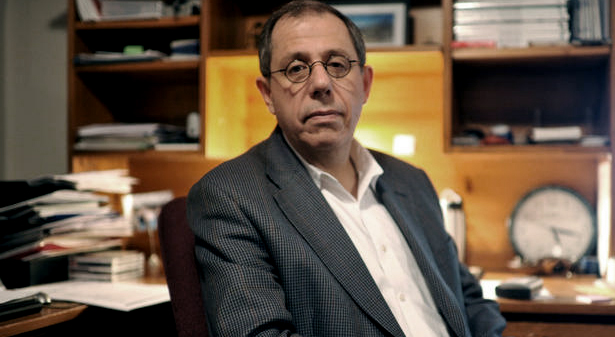Project

When he encountered a war correspondent in 2001 who showed signs of PTSD, Anthony Feinstein, a professor of psychiatry at University of Toronto found out that no research had been done on the effect of war on journalists. He has spent the last 14 years investigating how journalists' work may affect their mental health and has pioneered the study of trauma and PTSD among frontline journalists.
Dr. Feinstein is behind a new report titled ‘Iranian Journalists: A Study of Their Psychological Wellbeing’. The report, which is the result of a three-year research project, was commissioned by Journalism Is Not A Crime, and is the first to investigate the emotional health of Iranian journalists.
Of the 114 journalists participating in the study, the results show that:
- 58.8% have been arrested
- 19.3% tortured
- 61.4% intimidated
- 10.5% assaulted
- 52.6% reported that their family had been threatened because of the work they had undertaken
- 78.1% reported that they had had to stop work on a story because of threats, intimidation or assault
- 61.4% reported being under surveillance or being monitored by the state
The high level of stress has serious psychological consequences for the journalists, both those living in the diaspora and in Iran. The results indicate that the Iranian journalists included in the study are troubled by moderate to severe symptoms of PTSD – an anxiety disorder caused by stressful, frightening or distressing events. The symptoms include disturbing unwanted recollections and flashbacks, avoidance of memories of the traumatic event, and hyperarousal.
Read more about the study:
New Research: High Levels of Depression and PTSD Among Iranian Journalists
Landmark Study on Iranian Journalists Launched at Munk School
"I was surprised by the high levels of stress among Iranian journalists" (part 1)
"According to my research 20 percent of Iranian journalists were tortured" (part 2)